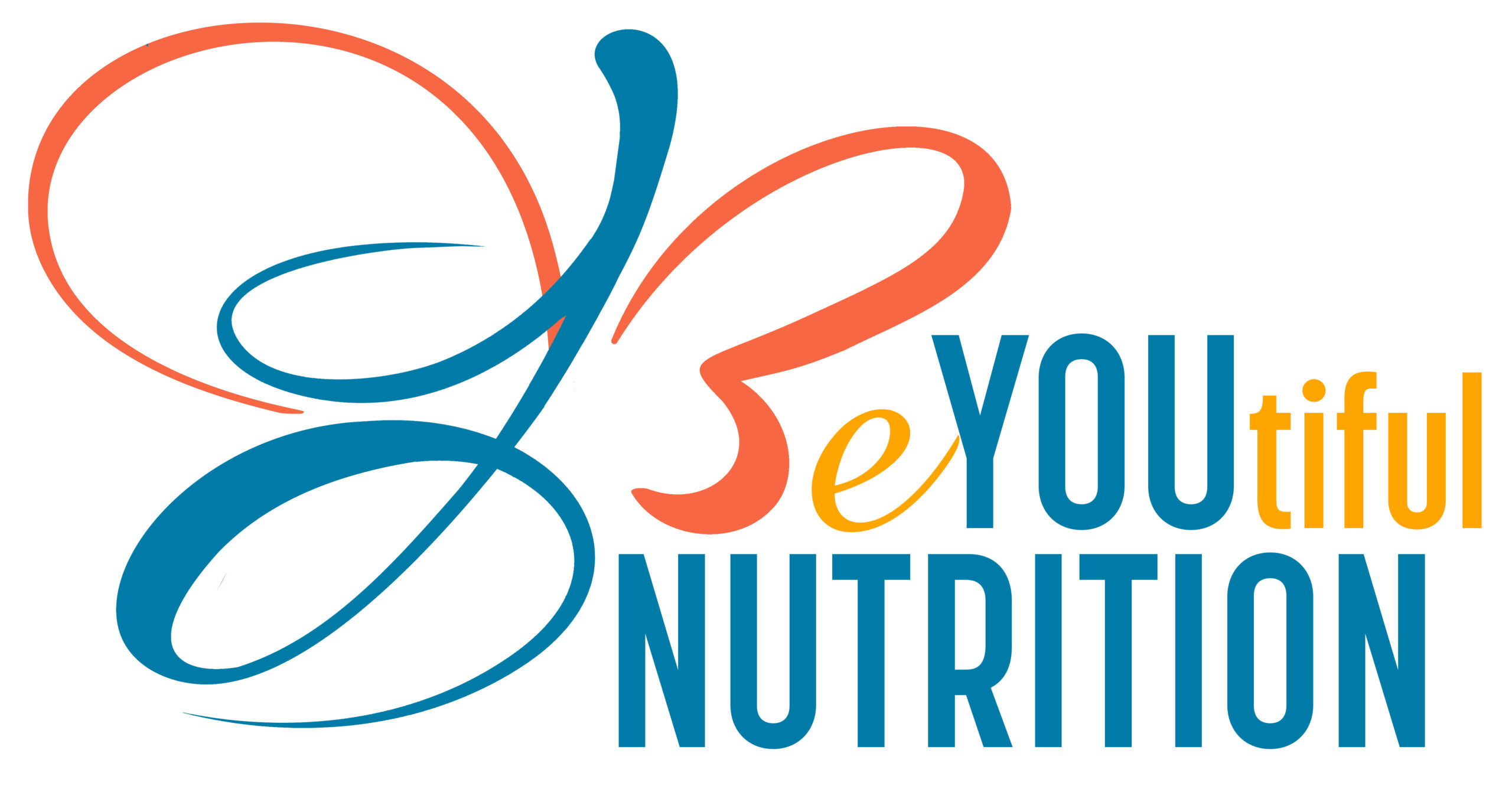What if changing your diet could completely transform your experience with diabetes? Imagine a way of eating that could not only improve your health but also enrich your life. Managing diabetes with a plant-based diet isn’t just about what you eat; it’s about how food can empower you to live better.

Understanding Diabetes
Before plunging into the wonderful world of plant-based eating, let’s clarify what diabetes is. Diabetes is a chronic condition that affects how your body converts food into energy. It involves issues with insulin—a hormone that regulates blood sugar levels. There are primarily two types of diabetes: Type 1 and Type 2, with Type 2 being the most common. Understanding your relationship with insulin can ignite a transformative journey.
Type 1 vs. Type 2 Diabetes
In Type 1 diabetes, the body doesn’t produce insulin at all, which can lead to various complications. On the other hand, Type 2 diabetes involves insulin resistance where your body doesn’t utilize insulin effectively. You may find that managing Type 2 diabetes involves lifestyle changes, primarily through nutrition, exercise, and overall well-being.
Understanding these differences is key to tailoring an effective management plan. Each type has its unique challenges, but there’s hope in a smarter way of eating.
The Power of a Plant-Based Diet
Now, let’s discuss the plant-based diet, which emphasizes whole foods—fruits, vegetables, whole grains, nuts, and seeds—with little to no animal products. It’s like discovering a treasure chest filled with foods that benefit you tremendously.
Evidence Supporting Plant-Based Diets
Research shows that a plant-based diet may help improve blood sugar control, lower cholesterol, and achieve weight loss—all crucial factors in managing diabetes. When you nourish your body with plants, you’re not just fueling it; you’re also working with nature to enhance your health.
A 2018 study published in the journal Nutrients found that individuals who followed a plant-based diet experienced improved glycemic control and body mass index (BMI). Imagine living in a manner where your food choices align with your health goals and your values.
Nutrient-Rich Foods to Include
In your plant-based journey, you’ll encounter a rainbow of foods that should take center stage on your plate. Here are some key components:
| Food Group | Benefits |
|---|---|
| Fruits | Packed with vitamins and antioxidants |
| Vegetables | High in fiber and low in calories |
| Whole Grains | Help regulate blood sugar and digestion |
| Legumes | Excellent source of protein and fiber |
| Nuts and Seeds | Rich in healthy fats, vitamins, and minerals |
Incorporating a variety of these foods into your meals will ensure you get the nutrients your body needs while keeping your blood sugar levels steady. Every bite can be a step toward better health.
The Role of Fiber
Dietary fiber plays an essential role in managing diabetes because it helps slow digestion and promotes a feeling of fullness. When you choose fiber-rich foods, you’re not just benefiting your waistline; you’re also taking charge of your blood sugar levels.
Soluble vs. Insoluble Fiber
Understanding the difference between soluble and insoluble fiber can be a game-changer:
- Soluble fiber dissolves in water and helps lower blood sugar levels by slowing down the absorption of sugar. Good sources include oats, beans, and lentils.
- Insoluble fiber doesn’t dissolve in water and promotes regular bowel movements, aiding digestive health. You can find this fiber in whole grains, nuts, and vegetables.
Include a healthy balance of both types in your diet by incorporating a variety of fruits, vegetables, and whole grains into your meals.
Mindful Eating
Connecting with your food can change your dining experience radically. Mindful eating encourages you to be present and aware of the food on your plate, which can lead to healthier choices and better digestion.
Tuning into Your Body
When was the last time you truly savored a meal? Paying attention to your hunger and fullness cues can help you better understand your body’s needs. You learn to appreciate the flavors, textures, and nourishment your food provides. You might find that meals become more fulfilling—not just physically, but emotionally too.

Crafting Delicious Plant-Based Meals
Transitioning to a plant-based diet can stir images of bland salads and flavorless meals deeply rooted in despair. However, it’s all about getting a bit creative in the kitchen. Imagine turning mundane ingredients into culinary masterpieces.
Simple Plant-Based Meal Ideas
Here’s a quick setup for easy meals that can bring joy to your plate and nourishment to your body:
| Meal Type | Ingredients | How to Prepare |
|---|---|---|
| Breakfast | Oatmeal topped with berries and nuts | Cook oats with water or plant milk and top with fruit and nuts. |
| Lunch | Quinoa salad with chickpeas and fresh vegetables | Combine cooked quinoa with chickpeas, chopped veggies, and a lemon dressing. |
| Dinner | Stir-fry with tofu, bell peppers, and broccoli | Sauté tofu and vegetables in a splash of soy sauce and serve over brown rice. |
| Snack | Hummus with sliced vegetables | Blend chickpeas, tahini, lemon, and garlic for hummus and serve with veggies. |
Getting started with these endeavors can lead you toward a more enjoyable and healthier lifestyle. You may even discover hidden culinary skills.
Supplements: Do You Need Them?
While a plant-based diet can provide a plethora of nutrients, certain supplements may help fill potential gaps, especially for people with diabetes.
Key Nutrients to Consider
- Vitamin B12: Essential for energy and brain health, often found in animal products. Look for fortified cereals or take a supplement.
- Vitamin D: Crucial for bone health and immune function, especially if you don’t get enough sun exposure. Supplements or fortified foods can help.
- Omega-3 Fatty Acids: Vital for heart health and often found in fish. Explore flaxseeds, chia seeds, or algae-based supplements.
Always consult your healthcare provider or a registered dietitian like Lila Cornelio to determine if you need extra support on your journey.
The Mind-Body Connection
Your mental and emotional well-being is equally important in managing diabetes. A plant-based lifestyle encourages not just physical health but a more profound sense of well-being.
Stress Management Techniques
Stress can wreak havoc on your blood sugar levels. Developing effective stress management techniques can drastically improve your health:
- Mindfulness and Meditation: Engaging in mindfulness practices can help reduce stress and promote emotional balance.
- Physical Activity: Keep moving! Regular exercise enhances mood and helps manage blood sugar levels.
- Sleep Hygiene: Prioritizing good sleep can help stabilize your hormones and improve your overall health. Consider a relaxing bedtime routine for better rest.
Building Support Networks
Surrounding yourself with supportive individuals can make your journey smoother. Joining a community of like-minded people or finding a coach can prove invaluable.
The Importance of Accountability
When you share your goals with others, it holds you accountable. Whether it’s friends, family, or a professional like Lila Cornelio, having support makes the process less daunting. You can celebrate your achievements together as a community.
Personalization Is Key
Every individual is unique, and a one-size-fits-all approach to a diet won’t cut it. Personalization is vital in successfully managing diabetes through a plant-based lifestyle.
Working with Professionals
A registered dietitian can help tailor a plan that meets your specific food preferences, cultural influences, and health conditions. You’ll gain valuable insights into managing your diet for optimal health while enjoying what you eat. Lila Cornelio emphasizes this tailored approach, emphasizing cultures and personal flavors along your journey.
Conclusion: A Journey of Discovery
Imagine looking at a plate filled with vibrant colors and knowing each bite is working harmoniously with your body. Managing diabetes with a plant-based diet can be an empowering adventure. It’s not just about food; it’s about taking control of your health, experiencing joy in mealtime, and finding your community.
Take small, manageable steps in the direction of this lifestyle change. Every choice you make can lead to a healthier tomorrow. Your journey will be one of discovery, joy, and celebration, as you learn to embrace nutritious meals that serve both your body and your environment.
You hold the power to redefine what your health means to you. With time, patience, and dedication, a plant-based diet can unlock a life brimming with vitality and well-being.








